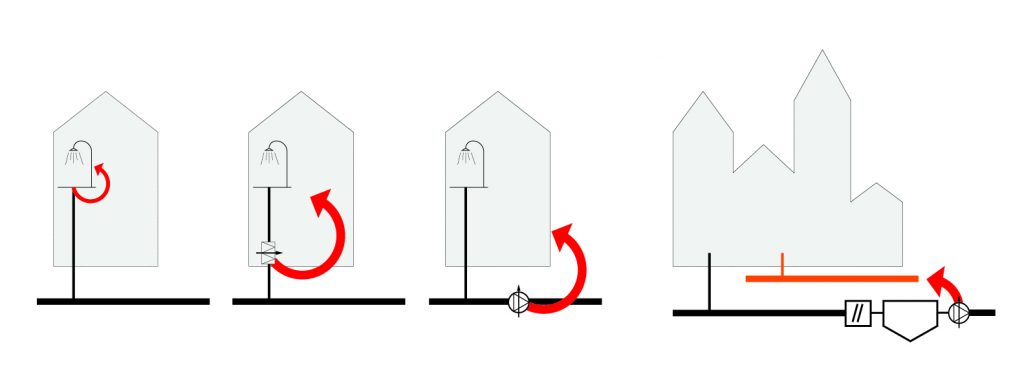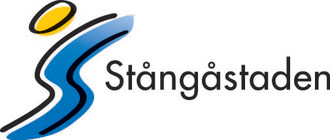HÅVA – Sustainability Analysis for Wastewater Heat Recovery
Can heat recovery be implemented on a large scale without unacceptable impact on the wastewater system and the environment?
The lion’s share of the energy used in the urban water cycle is used for heating of domestic hot water in households and industries. According to a study by The Swedish Energy Agen-cy, every Swede uses 1,150 kWh per year for heating of tap water. This energy is literally flushed down the drain.
With the use of heat exchangers or heat pumps, this energy can be recovered in the property, in the sewer or at the wastewater treatment plant. The temperature and energy content of the wastewater decreases for downstream installations in the system. Technology for wastewater heat recovery is available on the market and used in commercial installations around the world and, to a limited extent, in Sweden. Extracting heat from wastewater is, however, associated with some uncertainties and challenges. Among other things, a reduced temperature of the wastewater will risk deteriorating the biological processes of the wastewater treatment plant. Heat recovery from sewerage is therefore regulated and cannot be implemented to the large extent that is technically possible.
The purpose of the project is to make a sustainability analysis of heat recovery from wastewater. The entire system should be included: from the hot water consumption in the properties, heat recovery in either position, losses in sewers and impact on the wastewater treatment plant. The project purpose is to answer the question whether heat recovery can be implemented on a large scale without unacceptable impact on the wastewater system and the environment.
Funding
The project is funded by The Research Council Formas, The Swedish Water & Wastewater Association and participating project partners.
Project coordinator & contact
Magnus Arnell, researcher, RISE and Lund University
E-mail: magnus.arnell@ri.se



